Real-time Data Transmission
Ticketing Information Synchronization: Records of fare payments (e.g., WeChat, Alipay, IC card transactions) are uploaded to the backend in real time via WiFi, preventing data backlog and improving settlement efficiency.
Vehicle Location Monitoring: Integrated with GPS/BeiDou modules, real-time transmission of vehicle location and driving trajectories supports backend dispatching and route optimization.
Remote Management and Upgrades
Remote Parameter Deployment: Enables backend remote updates of fare tables, route information.
Firmware Upgrades: Batch deployment of system updates via WiFi reduces manual maintenance costs.
Multi-source Data Integration
Video Surveillance Transmission: Security footage from onboard cameras can be transmitted in real time to monitoring centers (requiring 4G/5G routers), enhancing public safety response capabilities.
Health Code Verification: Upgraded systemsuse WiFi connectivity to verify passengers’ nucleic acid status, automatically issuing alerts for expired results.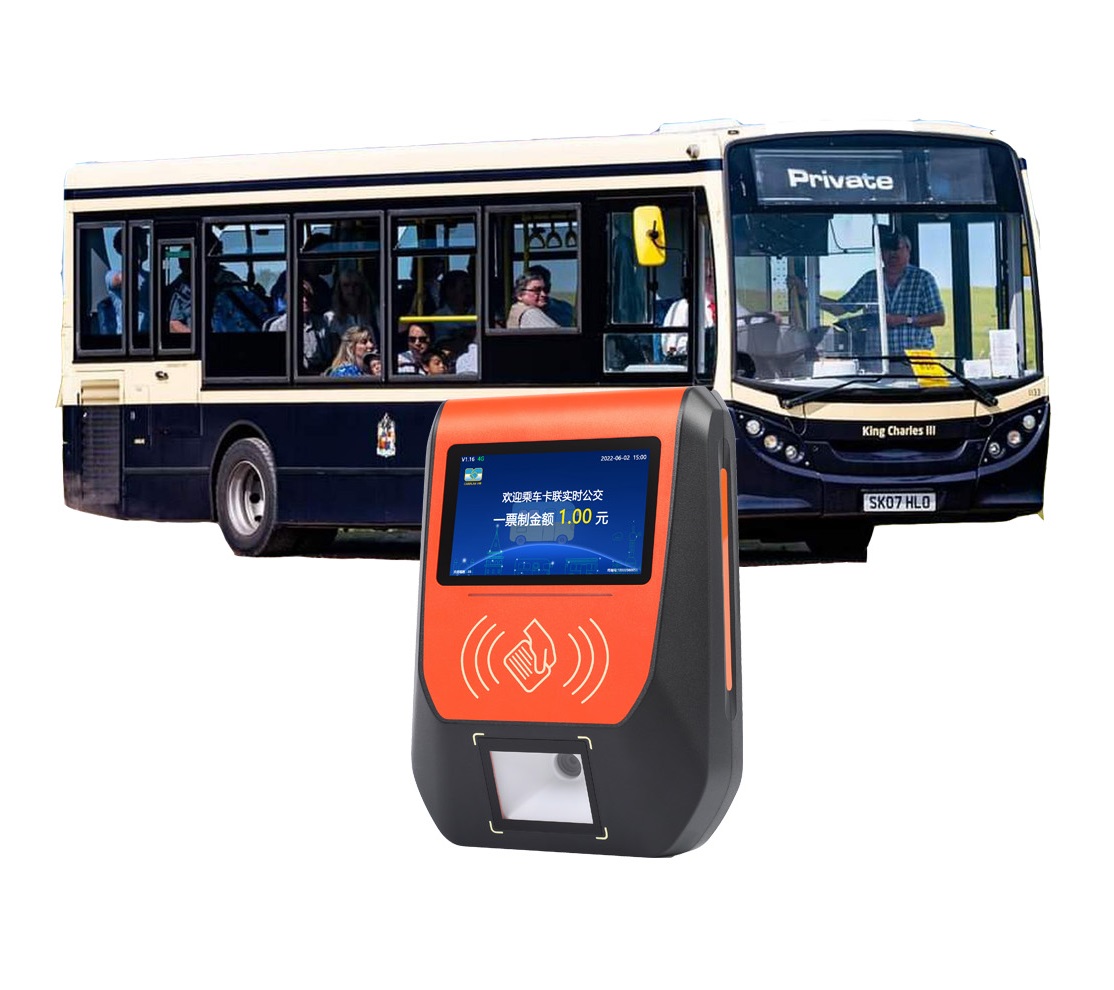
⚠️ II. Key Limitations and Challenges
Network Stability Issues
Mobile Environment Interference: Signal interruptions or delays occur during vehicle movement due to tunnels, high-rise obstructions, or base station handovers .
Bandwidth Bottlenecks: Early 3G/4G networks struggled with concurrent multi-device data (e.g., video surveillance + ticketing data), requiring 5G or dual-SIM aggregation routers for mitigation.
High Deployment and Maintenance Costs
Hardware Investment: High unit cost of smart terminals with fleet-wide coverage requirements.
Data and Access Fees: Annual operator data fees and "access fees" paid to bus companies create significant cost pressure.
Fragile Profit Model: Advertising or data service revenue often fails to cover costs, relying on government subsidies or joint ventures.
Security and Compliance Risks
Data Encryption Requirements: Compliance with Ministry of Public Security’s "Level 3 Cybersecurity Certification" necessitates end-to-end encryption, increasing hardware complexity .
Transmission Protocol Vulnerabilities: Public WiFi risks hijacking, requiring dedicated APNs or VPN tunnels for isolation (e.g., GPRS private network solutions).
Compatibility and Coverage Limitations
Legacy Device Adaptation Difficulty: Some terminals require optional WiFi modules.
Uneven Coverage: Priority deployment on high-passenger routes leaves remote areas underserved long-term.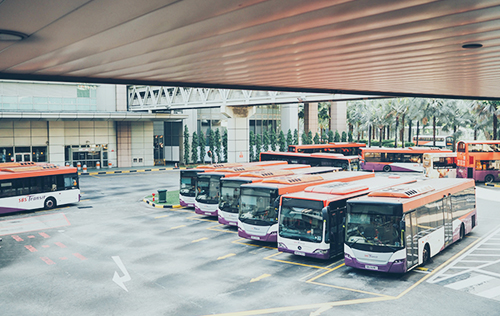
WiFi in bus fare systems serves as the "data artery" of intelligent transportation, delivering significant value in real-time operations and remote management. However, network instability, cost pressures, and security risks remain key bottlenecks. Future solutions demand:
5G technology upgrades,
Government-enterprise cost-sharing (e.g., waiving access fees),
Edge computing (local preprocessing to reduce bandwidth dependency),
while exploring dual-profit models.
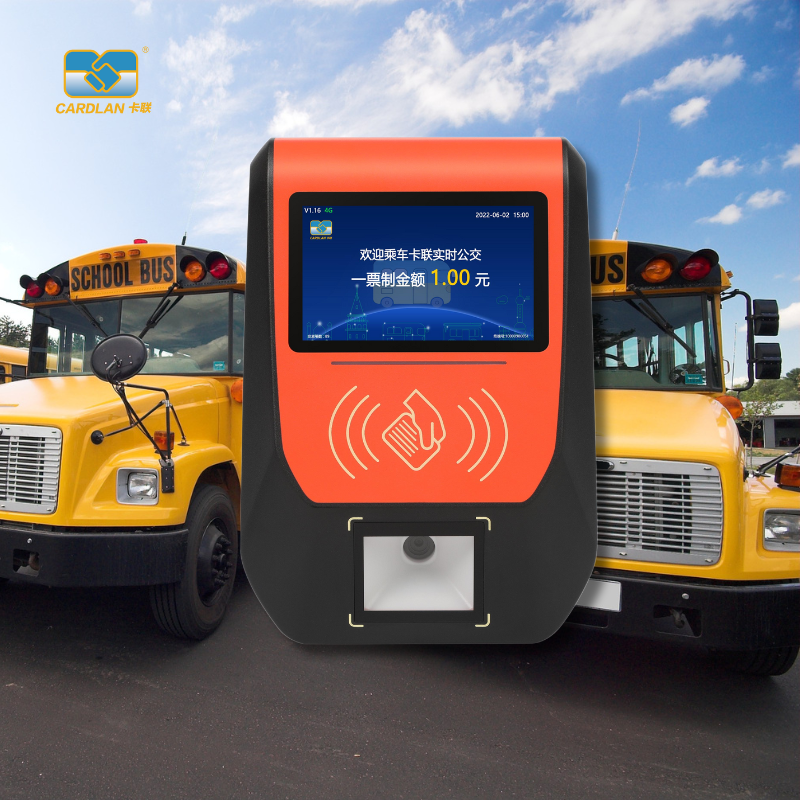 Cardlan Bus segment fare collection system
Cardlan Bus segment fare collection system
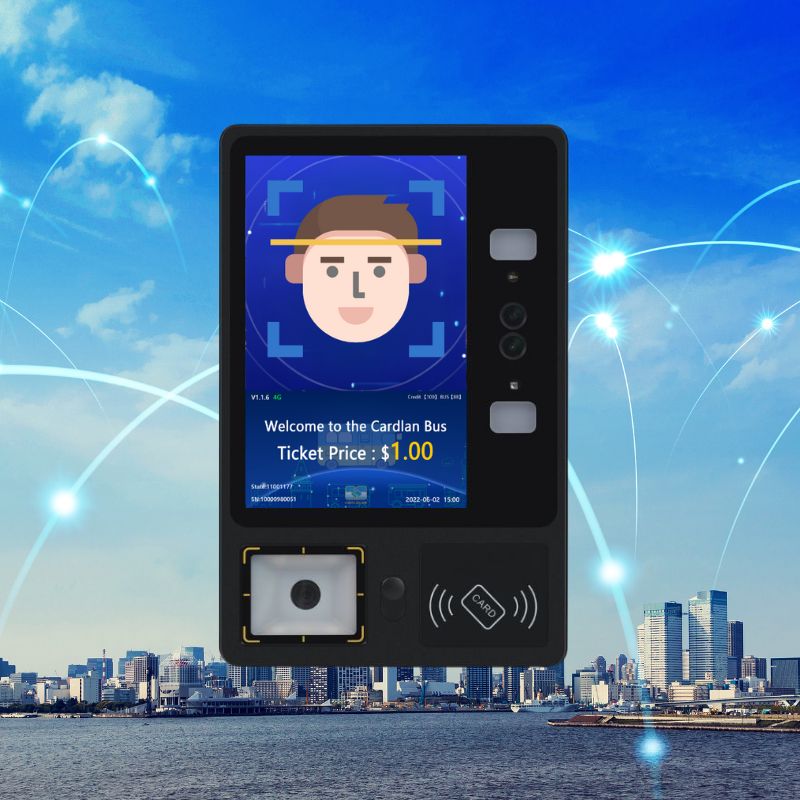 Cardlan bus card reader system
Cardlan bus card reader system
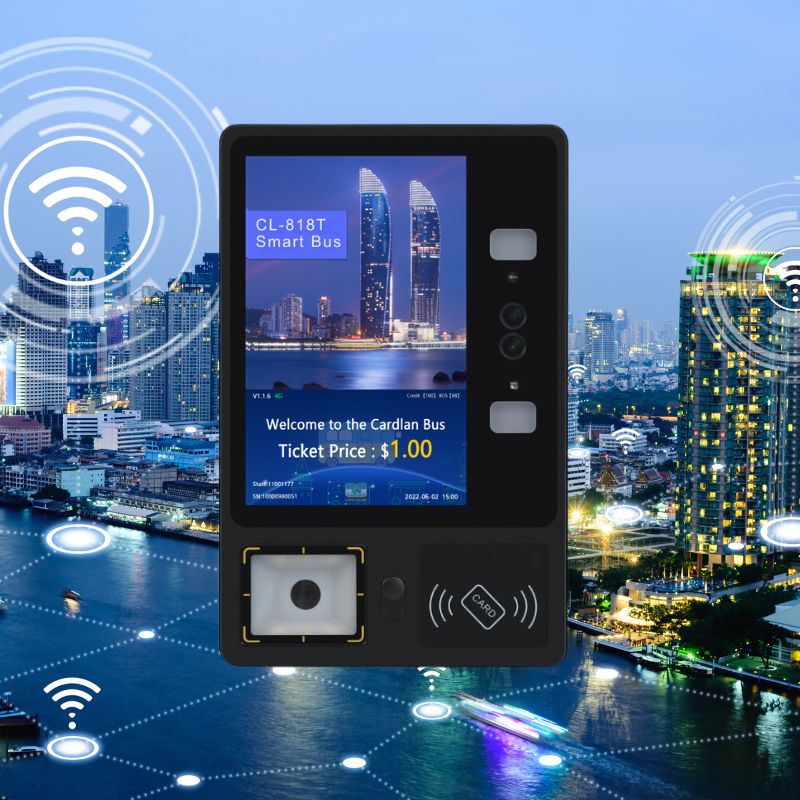 Cardlan Company: Strategic Deployment of Public Transportation Payment Products and Integrated Peripheral Devices (GPS Tracking, CCTV, Barriers)
Cardlan Company: Strategic Deployment of Public Transportation Payment Products and Integrated Peripheral Devices (GPS Tracking, CCTV, Barriers)
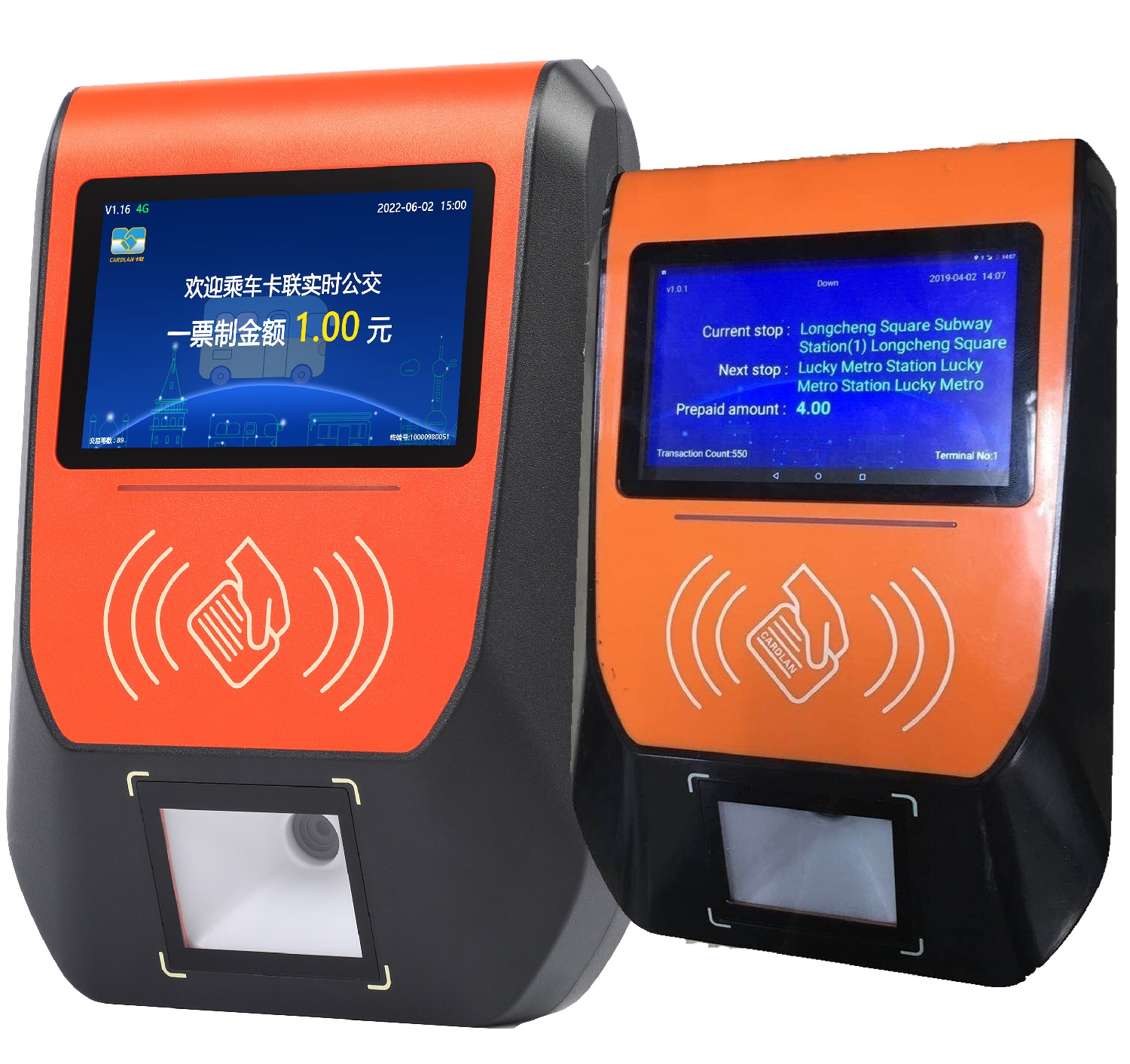 Cardlan 2026: Synergistic Innovation of Software Bus Fare System and Hardware OEM Production
Cardlan 2026: Synergistic Innovation of Software Bus Fare System and Hardware OEM Production